The UK is to infect healthy young adults with Sars-CoV-2 in a series of clinical trials that will test vaccines and treatments for Covid-19.
These human challenge studies, the first of their kind in the world for Covid-19, have just received ethics approval in the UK. Up to 90 volunteers between 18 and 30 years old will be exposed to the virus. Initial studies seek to establish the least amount of virus needed to cause an infection.
Trials will use the original strain and look at how the immune system reacts to the virus. The ultimate aim is to help identify the most effective vaccines and accelerate their development. This may eventually include new emerging variants, say independent commentators.
The challenge study involves a partnership between the UK government’s vaccine taskforce, Imperial College London, the Royal Free London NHS Foundation and the company hVIVO. Infectious disease scientist Chris Chiu at Imperial College London called for volunteers.
‘This has never been done before,’ says epidemiologist Peter Smith at the London School of Hygiene & Tropical Medicine, referring to Covid-19 challenge studies. ‘They have to proceed carefully and work out what dose of virus is appropriate to give.’ The age group involved will reduce, but not completely eliminate, risks from the virus.
There are rising concerns about vaccine effectiveness against virus variants that have arisen in the UK, Brazil and South Africa. AstraZeneca estimates the efficacy of its vaccine at 82% after a second dose, from large phase 3 trials. A smaller South African trial, however, concluded that there was no protection against mild to moderate Covid-19 from the South African variant.
Determining ‘whether or not existing vaccines will protect against variants can be done relatively simply in this kind of challenge model, whereas this is difficult to evaluate in field studies’, says Smith. Challenge studies, he adds, could also reveal how long different vaccines offer protection.
Such studies have long been discussed, and a UK study was announced back in October 2020. By then, the group 1DaySooner had signed up tens of thousands of volunteers worldwide.
Medical ethicist Dominic Wilkinson, at Jesus College Oxford, is a supporter of challenge studies and says ‘it is disappointing that it has taken this long to get them up and running’. He believes that there is still a strong ethical case favouring challenge trials. ‘There is a lot of concern about new variants and whether vaccines are still going to be effective,’ says Wilkinson. ‘We can answer such questions very quickly and effectively through challenge trials.’
Sars-CoV-2 is likely to remain a health concern for future years. ‘These first trials are laying the groundwork for further studies,’ Wilkinson says. ‘They will be a potentially important tool in our armamentarium to develop therapies and vaccines for this virus.’
Not everyone agrees. Immunologist Dennis Burton at the Scripps Research Institute in La Jolla, California, questions the rationale of human challenge studies now that we have vaccines that work. ‘I am not sure that comparing vaccines can be reliably done on small numbers of young people, who are not those most at risk anyway,’ he says. ‘It would be good to know how much virus it takes to infect a person, but I am not sure it is worth the risk.’
Julian Tang, respiratory virologist at the University of Leicester, notes that the UK in particular has a long history of challenge studies. In the past decade, volunteers have been infected with pathogens such as influenza, dengue, typhoid and malaria.
Tang says the fact that the Brazilian and South African variants are not circulating much in the UK heightens the ethical hurdle for exposing volunteers to them. ‘Inoculating people with them would involve additional risk of injury or death compared to what is happening in the community,’ says Tang. ‘The Wuhan and Kent variant is circulating widely in the community, so that is less of an ethical barrier.’





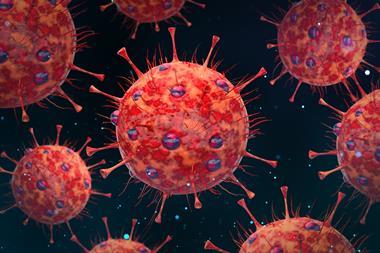
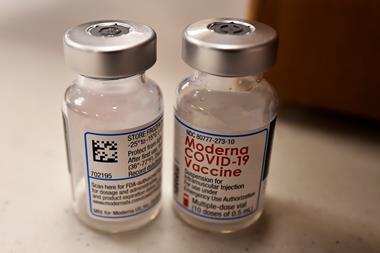
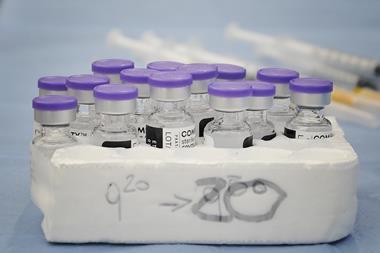
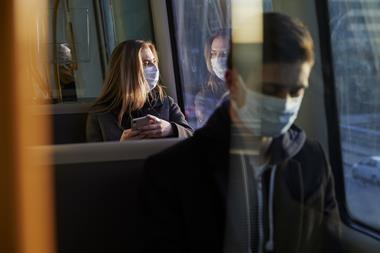
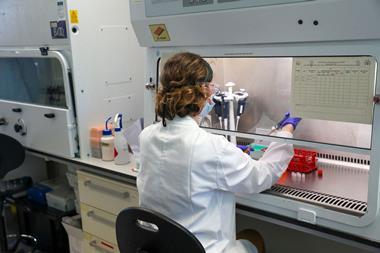
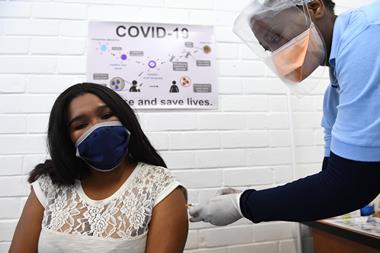






1 Reader's comment